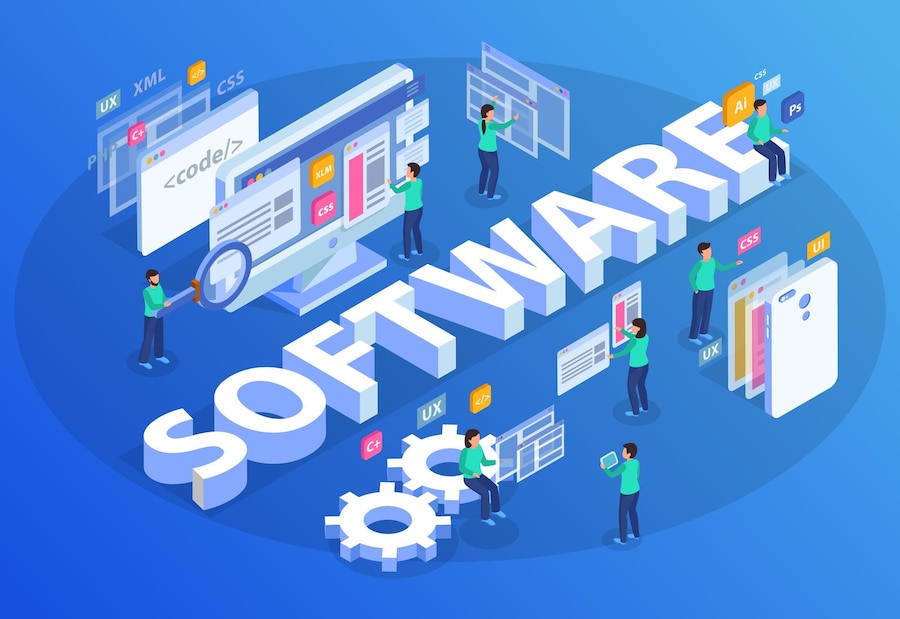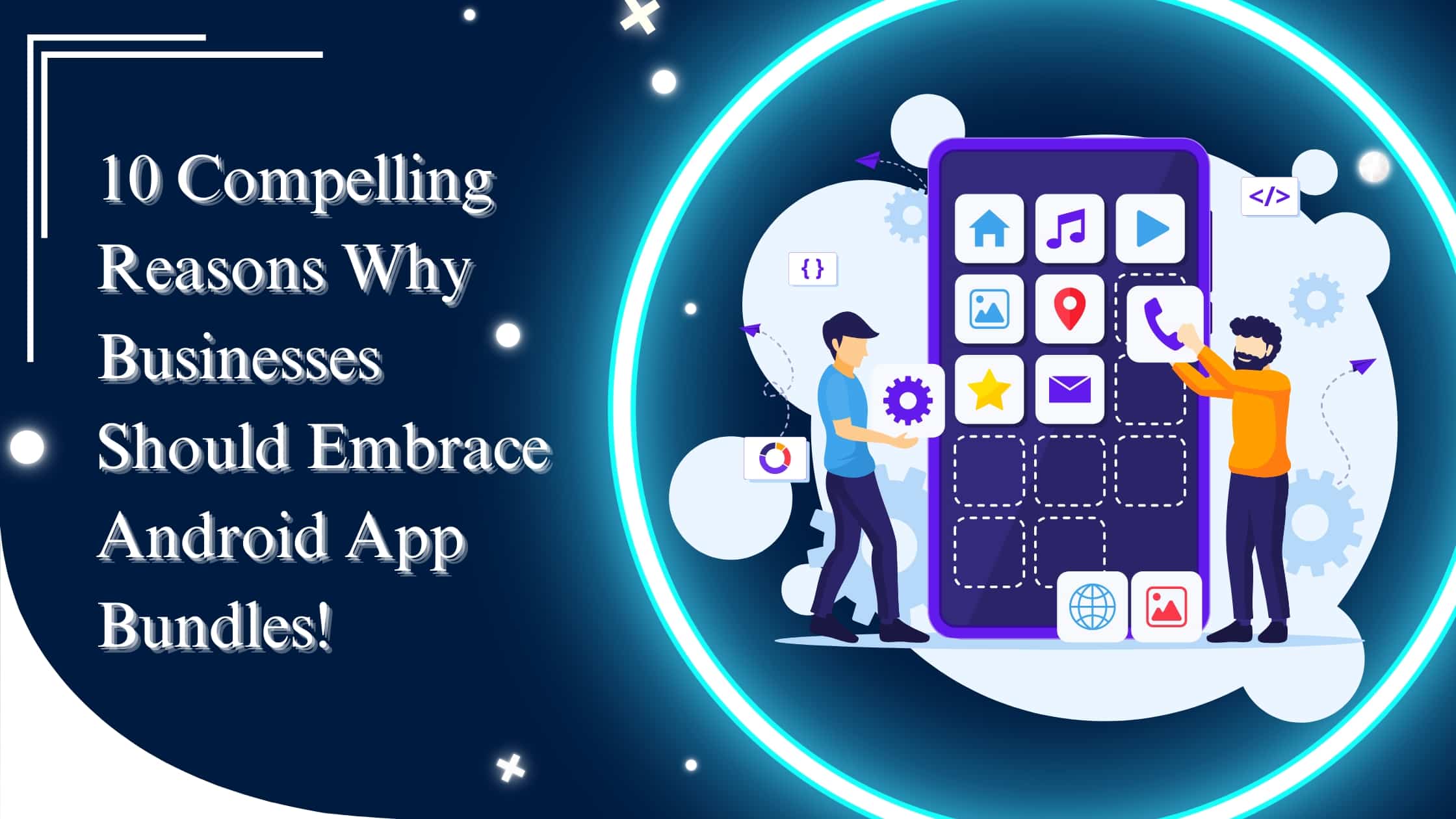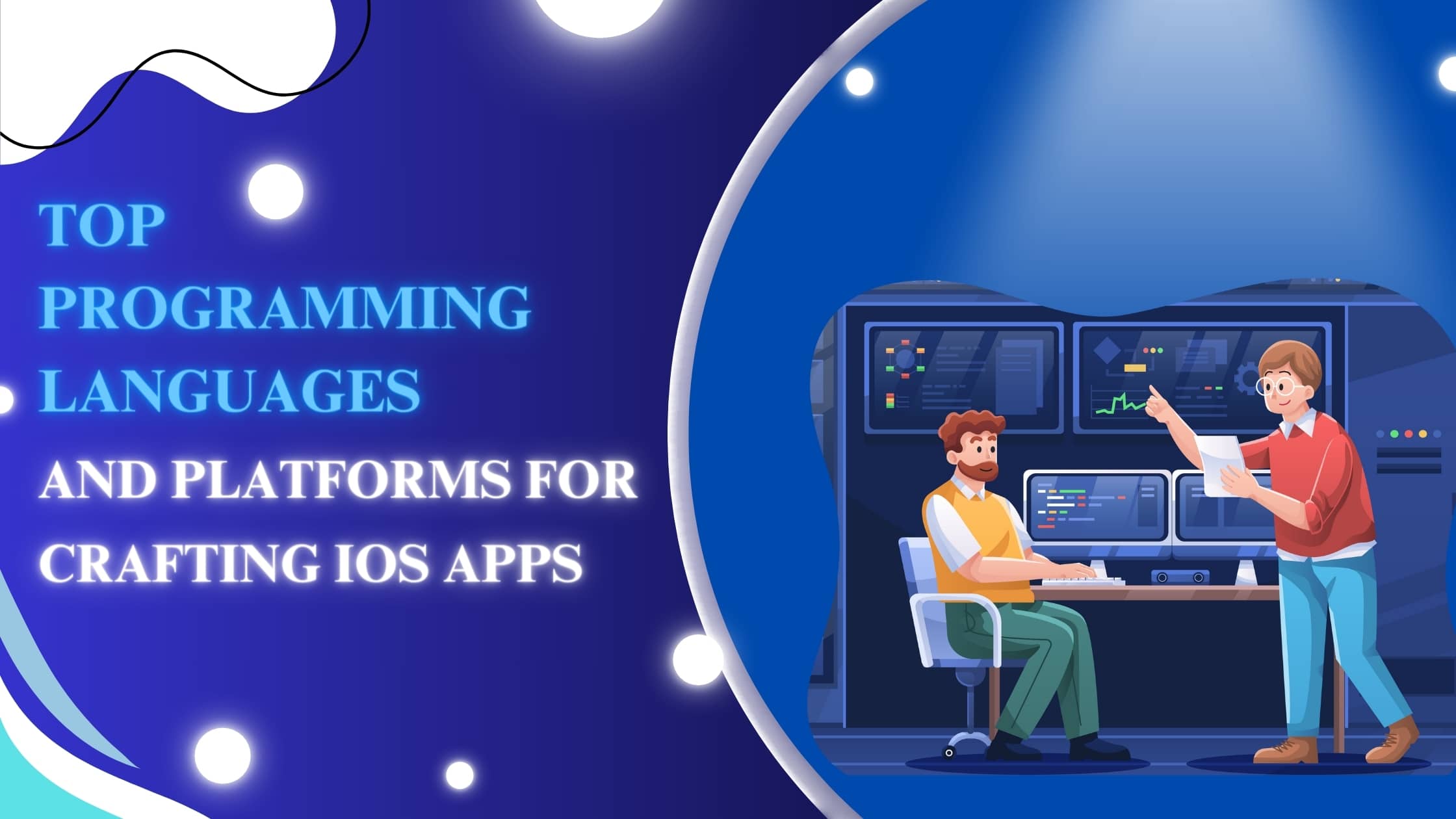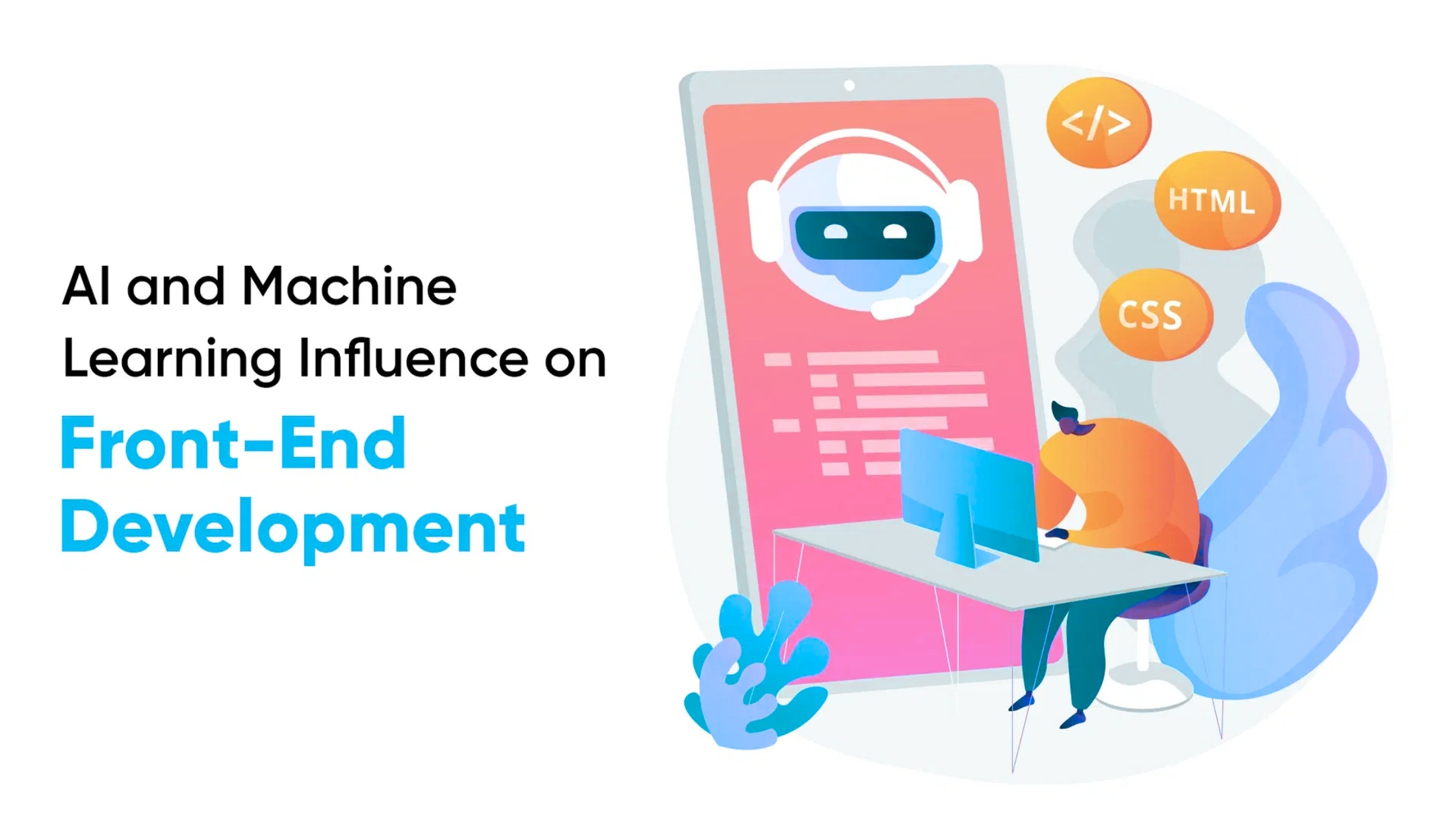Python has established itself as the most popular programming language for developing dynamic web apps and web pages. Python’s strong foundation, extensive library, and developer-friendly tools have made it the preferred language for developing scalable and efficient online applications. For web development, alternatives to Python include JavaScript, widely used with frameworks like Node.js for backend and React for frontend; Ruby, with its Rails framework; and PHP, powering platforms like WordPress. But why should we go for Python only? We are going to find out the answer in this article.
This essay investigates why Python is an excellent language for scalable net enhancement, emphasizing its benefits, popular frameworks, and quality procedures.
Simple and smooth studying
One of Python’s strongest points is its clean and accessible syntax. The language stresses clarity and maintainability, allowing developers to create simple, shortcode. This simplicity decreases the number of code lines required to implement concepts, allowing the development system to run faster and more efficiently. Python is simple to work with for both novice and expert developers, allowing for easy project collaboration.
Active Community and Support
Python boasts a big and active community of builders who contribute to its increase and offer help. This network offers a wealth of libraries, frameworks, and assets tailor-made in particular for web development. With this kind of substantial pool of gear and information at their disposal, builders can discover solutions to absolutely any problem they stumble upon, making Python a reliable choice for net improvement.
Rich Library and Framework Ecosystem
Python’s ecosystem consists of a number of libraries and frameworks that simplify web development tasks. Two of the most famous frameworks are Django and Flask:
I. Django– Known for its “batteries-covered” philosophy, Django presents a robust set of gear for constructing state-of-the-art web programs. It follows the Model-View-Controller (MVC) architectural sample and includes functions like authentication, URL routing, and ORM (Object Relational Mapping) out of the box.
II. Flask – A lightweight micro-framework, Flask offers greater manage over the structure and additives of an application. It is good for builders who decide on flexibility and simplicity.
Other fantastic frameworks include Pyramid and Bottle, every imparting particular advantages that beautify productivity and streamline the improvement system.
Scalability and Performance
Python’s performance and scalability make it best for handling excessive-traffic net applications. Features that include asynchronous programming permit frameworks like Django and Asyncio to efficaciously control concurrent requests and optimize server resources. Python’s ability to integrate seamlessly with other languages, including C or C , permits developers to leverage excessive-performance libraries whilst essential.
Integration and Compatibility
Python’s flexibility extends to its integration talents with different technologies. It supports various databases, such as SQL-based databases (MySQL, PostgreSQL, SQLite) and NoSQL databases (MongoDB). Python additionally works well with web servers, caching structures, message queues, and APIs, making it easy to combine unique components and offerings inside an internet software.
Testing and Debugging Excellence
Python offers strong checking out frameworks like unittest and pytest, which simplify the method of writing and executing assessments for web applications. Integrated Development Environments (IDEs) such as PyCharm offer exquisite debugging equipment that assist developers speedy pick out and connect issues, ensuring the reliability of their programs.
Rapid Development
Python’s recognition on simplicity and productiveness lets in builders to construct internet packages fast. Pre-built modules and libraries enable builders to leverage present answers, lowering the need to reinvent the wheel. This fast improvement functionality is particularly high-quality for startups and small groups that want to deliver their products to market quickly.
Popular Python Web Frameworks
1. Django: A high-stage framework that promotes speedy improvement and smooth design. Its capabilities encompass person authentication, URL routing, and ORM, making it appropriate for both startups and large companies.
2. Flask: Known for its simplicity and flexibility, Flask is right for small to medium-sized applications. It allows developers to feature libraries and extensions as wanted, supplying a customizable improvement revel in.
3. FastAPI: A modern framework that supports asynchronous programming. FastAPI is designed for building APIs fast and correctly, supplying high performance and smooth scalability.
4. Pyramid: Suitable for each small and large packages, Pyramid is bendy and can be extended with diverse plugins. It supports more than one databases and can manage one-of-a-kind assignment sizes.
5. Bottle: A micro-framework best for small net applications and prototyping. Bottle is lightweight and includes integrated help for templates and various HTTP functionalities.
How to Start with Python for Web Development
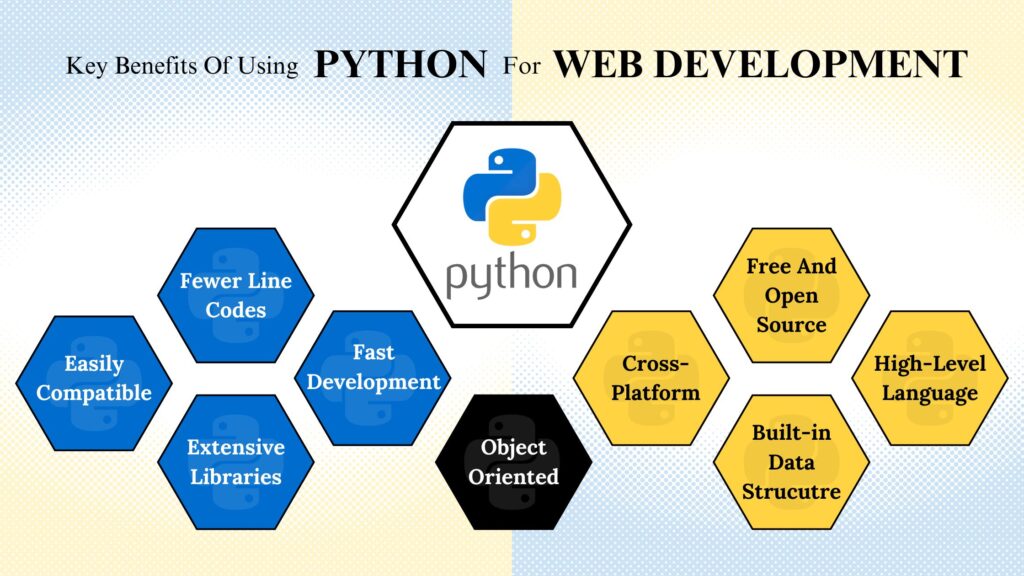
To create net packages using Python, follow these steps:
1. Learn the Basics- Start with the fundamentals of Python programming, including as grammar, information types, manage structures, and functions.
2. Understand online Technologies- Learn how to use HTML, CSS, and JavaScript to construct and style online pages, as well as upload interactive content.
3. Choose a framework- Choose a Python web framework that meets your challenge’s requirements. Django and Flask are excellent starter tools.
4. Front-end Development- Improve your skills by using front-end tools and frameworks like as Vue.js, React, or Angular to create dynamic consumer interfaces.
5. API Development- Learn about RESTful concepts and utilize your favorite framework to expand APIs that provide information and functionality to front-end apps.
6. Authentication and Authorization- Protect your online application by using secure user authentication and access control procedures.
Essential Python Libraries for Web Development
I. Celery is a distributed task queue that facilitates asynchronous job execution and improves application responsiveness.
II. SQLAlchemy is an ORM library that simplifies database interactions.
III. Jinja2 is a strong template engine used to generate dynamic web content.
IV. Pydantic is a data validation package that maintains data integrity.
V. Pillow is an image processing library that handles image altering operations.
VI. Pandas is a data analysis package that helps in handling huge datasets.
VII. Psycopg is a PostgreSQL adaptor that streamlines database interactions.
Conclusion
Python’s readability, wide library support, stable frameworks, and active community make it the best choice for scalable web development. Python’s ability to manage high-traffic applications, interact with multiple technologies, and allow quick development processes assures its continued dominance in the online development scene. Python gives the tools and flexibility required to develop fast, scalable, and stable online applications, regardless of whether you are a startup or a huge corporation.



